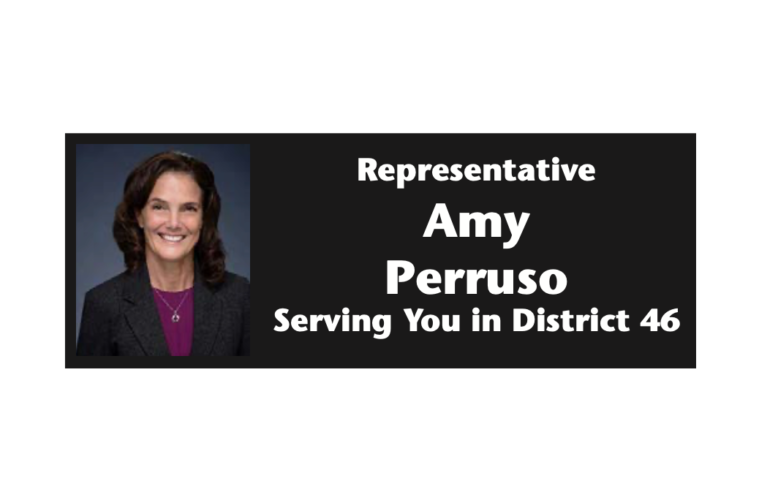A Special Session Call to Action for the North Shore
For decades, Hawaii’s people have worked hard to hold their local and state elected officials accountable for treating education, health care and environmental stewardship as sacred trusts. Today those pillars are under threat from a new federal administration that is trying to balance its books on the backs of working families. Congress is racing to pass a budget that would slash $12 billion from our local K‑12 programs, shrink Pell Grants necessary for our young people to get a high education, and gut Federal Work‑Study, while consolidating special‑education dollars into a block grant that can be raided for other purposes. At the same time, GOP House leaders are advancing a bill that could kick more than 13 million Americans off Medicaid by adding harsh work‑reporting rules that have already failed in states like Arkansas.
Anti-hunger work is also on the chopping block, too. The same budget tightens Supplemental Nutrition Assistance Program (SNAP) waivers, forcing adults to document 80 hours of work or lose food benefits after three months—even in counties where jobs are scarce. And just last month, FEMA announced it is canceling the entire Building Resilient Infrastructure and Communities (BRIC) program, yanking away $750 million a year that states had counted on for flood‑control, wildfire‑mitigation and coastal‑protection projects.
What does all that mean for the North Shore? Start with our classrooms. Title I dollars pay for reading coaches at Waialua Elementary, counsellors at Haleʻiwa, and after‑school tutoring across the Central Oʻahu complex. If Washington follows through on these threatened cuts, the Hawaiʻi Department of Education estimates it would lose the equivalent of more than 300 teaching positions statewide—roughly the staff of every public school between Haleʻiwa and Kahuku. Medicaid pays for one in three keiki statewide to see a doctor; in Waialua and Wahiawā the share is even higher. Strict work requirements sound reasonable until you realize many parents here patch together multiple part‑time jobs. The paperwork burden alone could shove thousands off the rolls and push our emergency rooms past capacity. SNAP, meanwhile, puts groceries on the table for nearly 9,000 North Shore residents each month; when those benefits disappear, the line outside the food bank grows overnight.
Climate resilience may feel abstract until the next north swells sweep a house into the ocean or heavy rains overflow Kaukonahua Stream. Oʻahu counties had BRIC applications pending for culvert upgrades, firebreaks and reef restoration. Those proposals are now in limbo, forcing the state to decide whether to backfill the loss or leave our coast more vulnerable.
That is why legislative leaders are preparing for an unprecedented fall special session. Our agenda is threefold: first, to backstop critical dollars in public education, Medicaid and SNAP so no family is left behind; second, to seal the revenue leaks by closing the corporate worldwide reporting loophole, restoring a fair tax on capital gains and creating a modest new top income‑tax bracket—reforms that together could raise more than $1 billion a year; and third, to fast‑track a Hawaiʻi Resilience Fund that will keep climate safety projects alive while we litigate FEMA’s decision and hunt for alternative federal grants.
Success depends on community muscle. Testimony—both written and in‑person—moves votes, and the Capitol’s online portal makes it easy to share your story of an overcrowded classroom, a Medicaid paperwork maze, or a washout that threatens the road that enables you to go back and forth to work every day. Physical presence carries its own power; every North Shore resident who sits in a committee room signals that our district is paying attention. Between hearings, pick up the phone or send an email asking each of your elected officials to pledge publicly that they will protect schools, health care and the ʻāina during the special session; then share their responses on social media so neighbors know who is standing tall and who is ducking. Finally, volunteer with local advocates—Hawaiʻi Appleseed, Hawaiʻi Children’s Action Network, Sierra Club Oʻahu—who are organizing testimony submission, phone calls to legislators and data dives to keep the pressure on.
Special sessions are rare, and that’s the point. When federal policymakers abandon their duty, Hawaiʻi must step up. If we meet this moment together—speaking out, showing up, and refusing to accept false choices between balanced budgets and caring for each other— we can use this moment to strengthen our North Shore community. See you at the Capitol.



